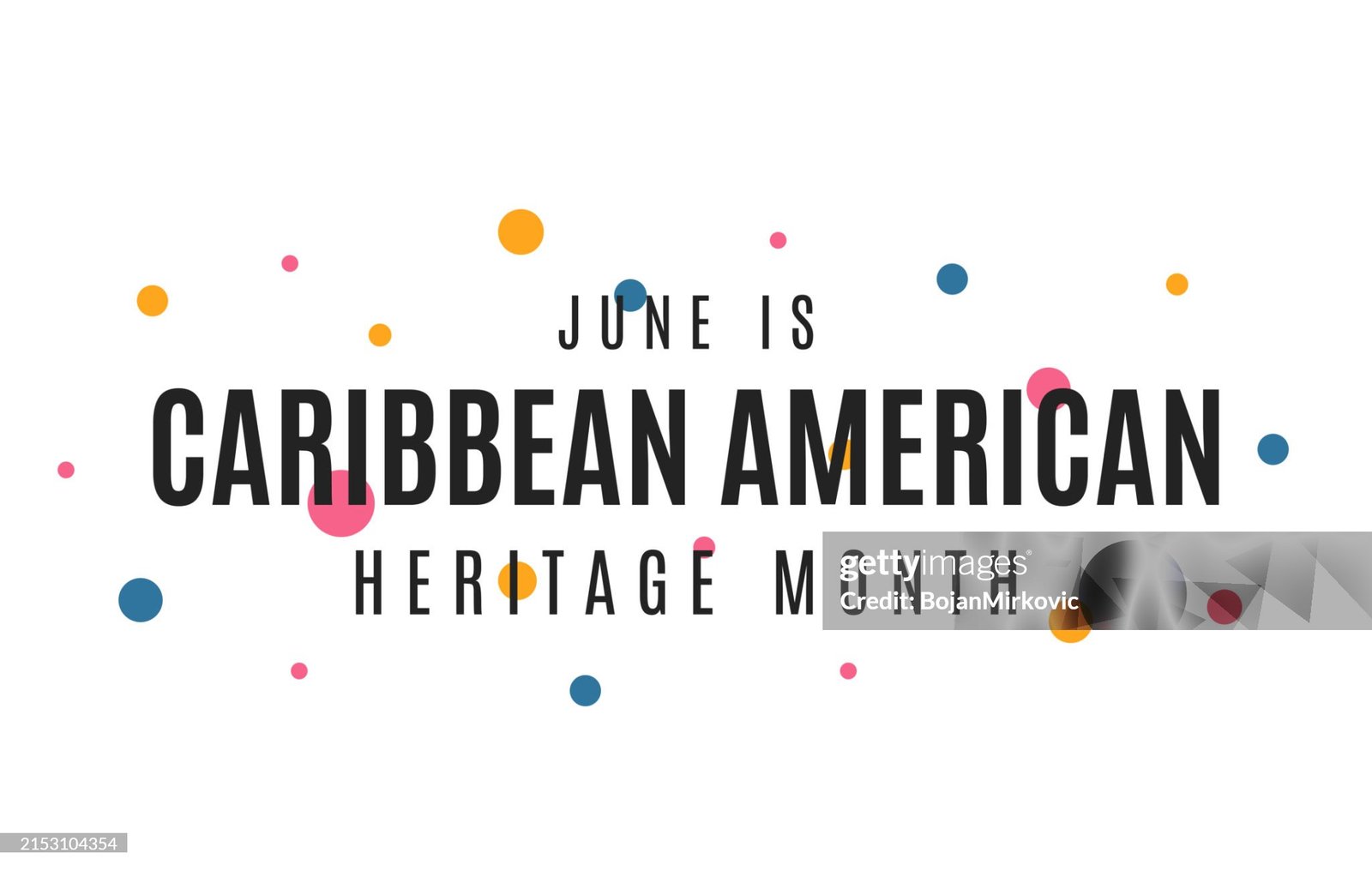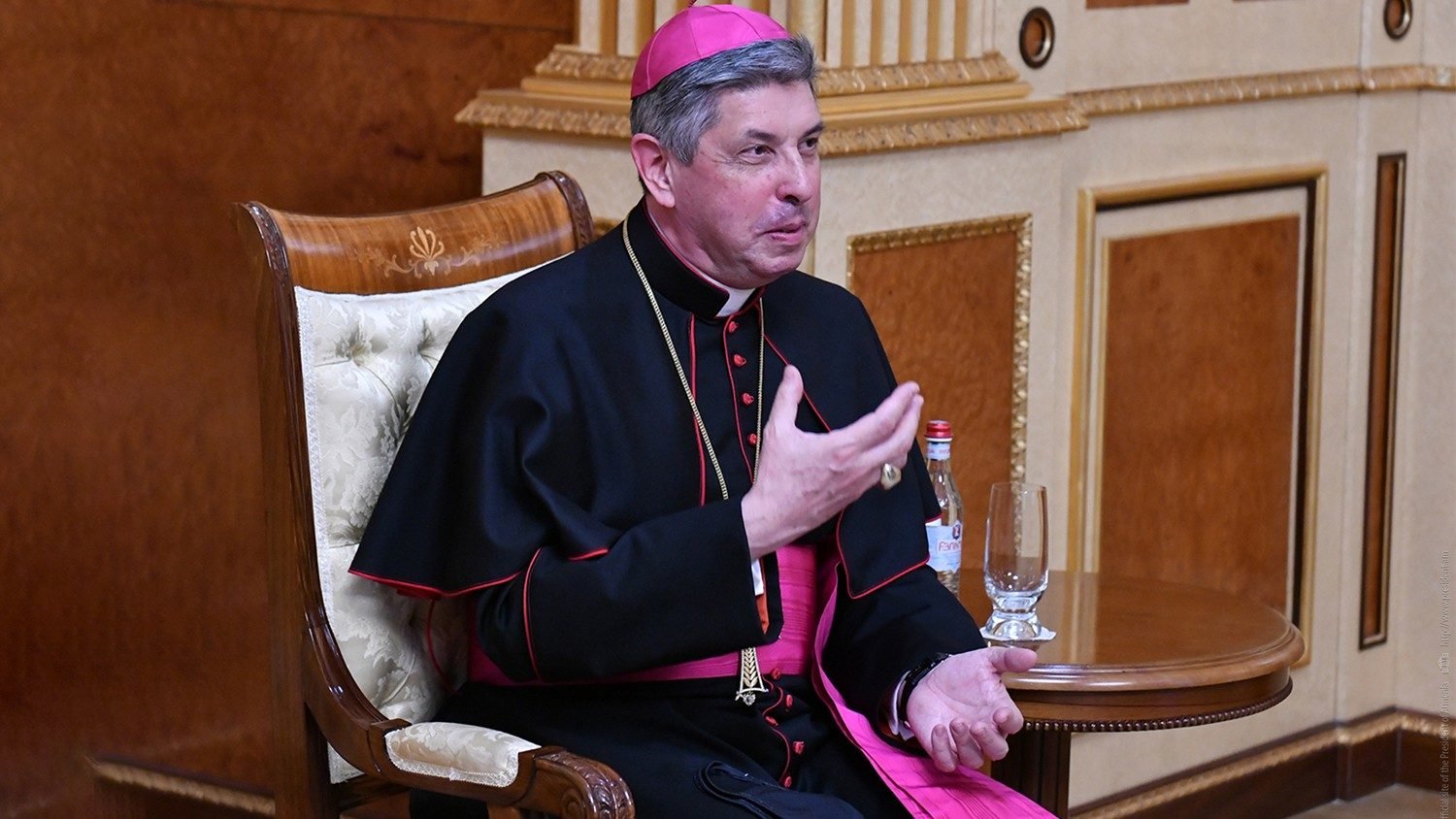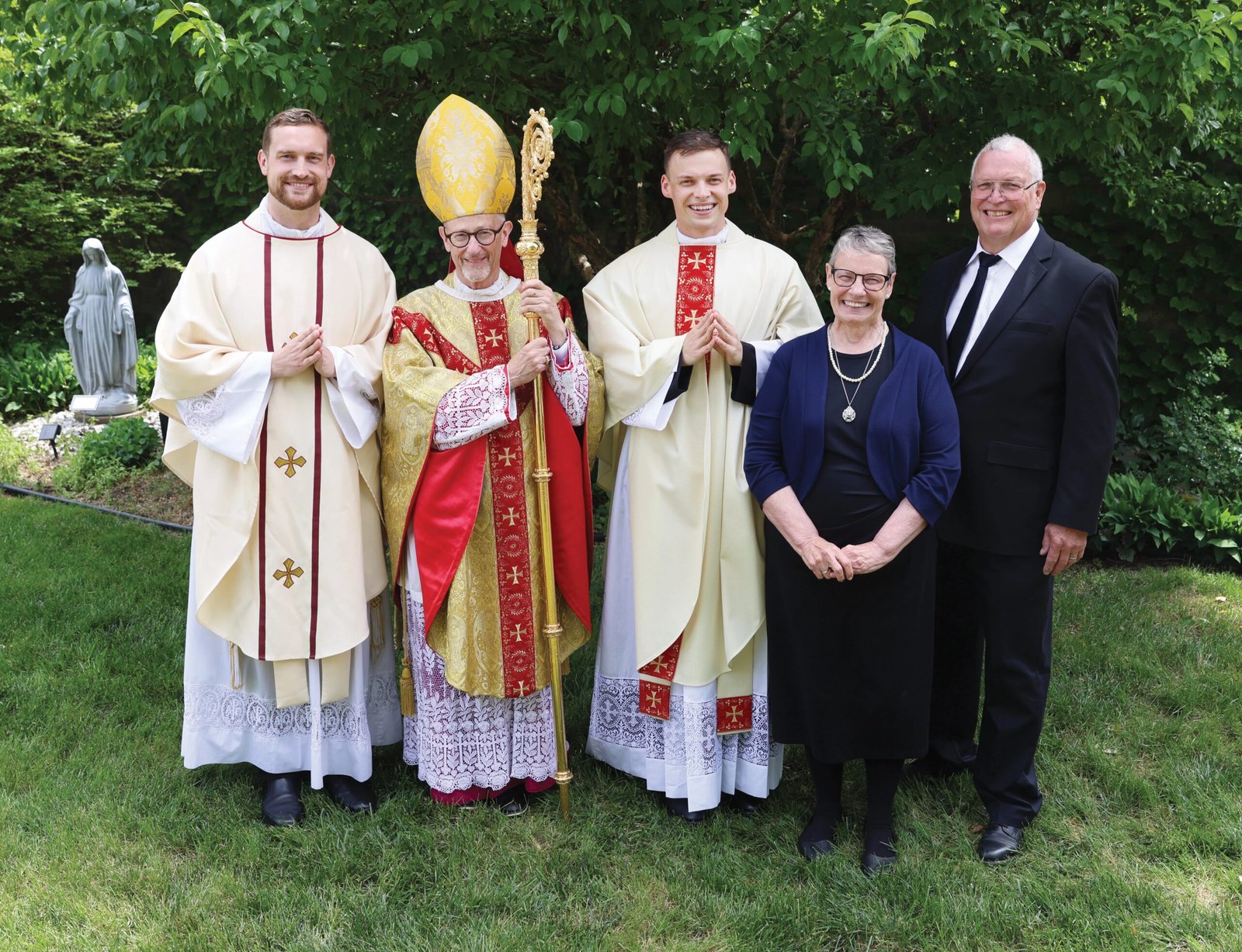By Felicia J. Persaud
June 1st marked the beginning of National Caribbean American Heritage Month -a time that should be ringing with celebration, pride, and reflection on the immense contributions of Caribbean immigrants to the United States. Yet here we are, nearly two decades since President George W. Bush formally recognized the month, greeted not with reverence or respect, but silence.

Not a single proclamation from the current White House. No acknowledgment. No gestures. And in today’s political climate – where Diversity, Equity, and Inclusion (DEI) initiatives are being systematically dismantled – this silence is not just an oversight. It is a statement. A deliberate omission. A signal.
As Guyanese poet Martin Carter once wrote, “This is the dark time, my love. It is the season of oppression, dark metal, and tears…” For millions of Caribbean Americans, that season feels closer than ever.
Just days before the month began, the U.S. Supreme Court – reshaped by Trump-era appointments – handed down a 7-2 decision that stripped legal protection from over 500,000 migrants from Cuba, Haiti, Nicaragua, and Venezuela. Many of them have lived here for years under humanitarian parole, contributing to the economy, raising families, and following the rules. Now, they face deportation and upheaval.
Let’s call this what it is: a humanitarian betrayal.
Haitian and Cuban nationals living in the U.S. under Temporary Protected Status (TPS) are on borrowed time. Haitians could face deportation as early as August 3rd. But to what? Haiti remains in crisis – a nation still reeling from the 2021 assassination of President Jovenel Moïse, now effectively under siege by violent gangs. Foreign mercenaries, including controversial figure Erik Prince, are reportedly advising what’s left of the government. The U.S. State Department itself warns against travel to the island. Yet, deportations loom.
For Cuban nationals, the TPS deadline is September. Uncertainty grips thousands of lives.
Then came the kicker. On June 4th – just days into both Caribbean American Heritage Month and Black Music Month – former President Donald Trump issued a sweeping immigration ban that targets immigrants from predominantly Black and brown countries, including Haiti and Cuba. The same nations he once infamously labeled as “S-hole countries” are now barred through formal policy.
No European nations appear on that list. None.
It’s hard to miss the message.
This, too, is a slap in the face to Caribbean Americans – especially those who voted for Trump, believing they were securing a voice. Haitian Americans in Florida, Cuban and Venezuelan voters in Miami – many helped usher him into office. Now, they’re watching the door slam shut on their communities.
And this is where history cuts deep. Haitians helped shape this country. Jean-Baptiste Point du Sable, a Haitian-born man, founded Chicago. Pierre Toussaint, a former slave from Haiti, became one of New York City’s most esteemed philanthropists. Haitian soldiers fought in the American Revolution. The legacy is undeniable.
And yet, Caribbean Americans find themselves not only unacknowledged – but actively targeted.
What we’re seeing is not a coincidence. It’s a vision – a policy-driven reshaping of America’s immigration system through a racial lens. Not to make America great again, but, as the trajectory suggests, to make America white again.
So yes, this month is ours. But the silence, the rulings, and the bans remind us: the fight for recognition, justice, and dignity is far from over.




